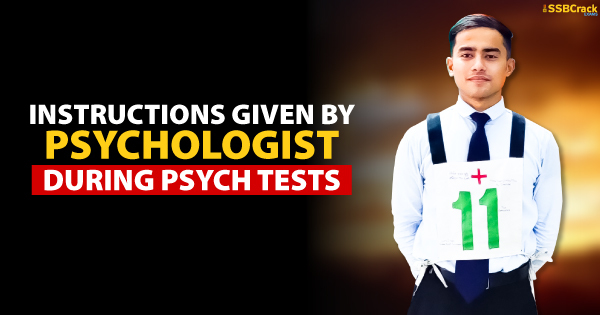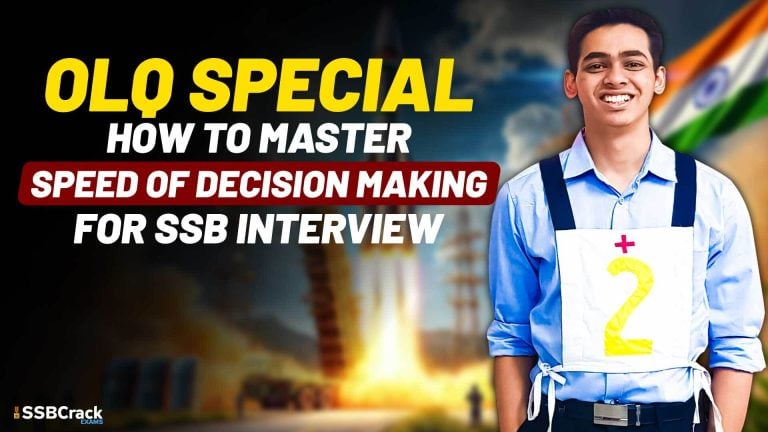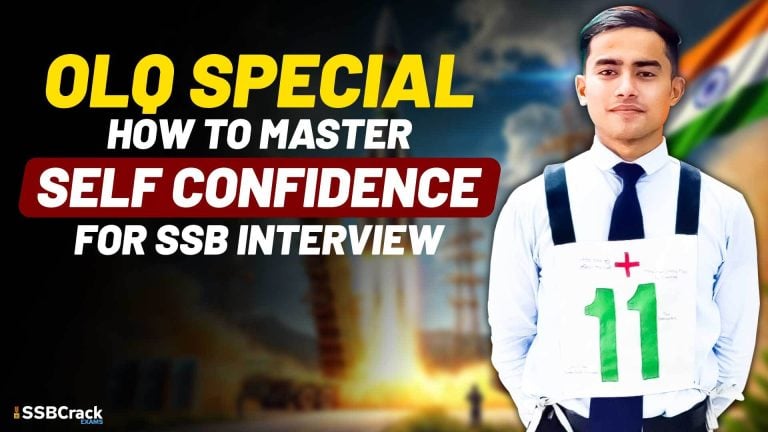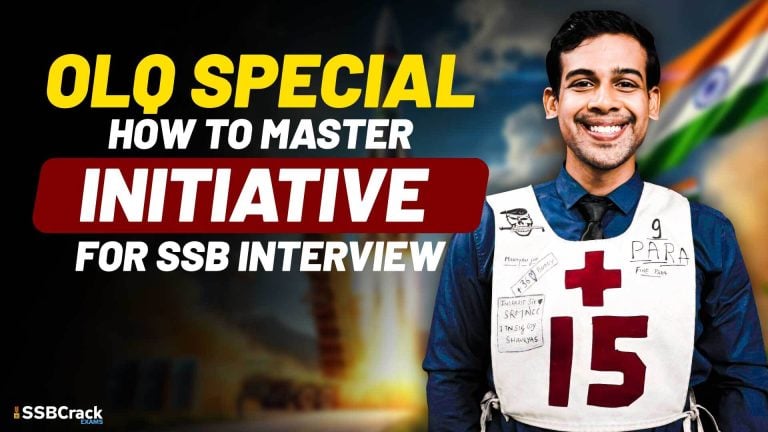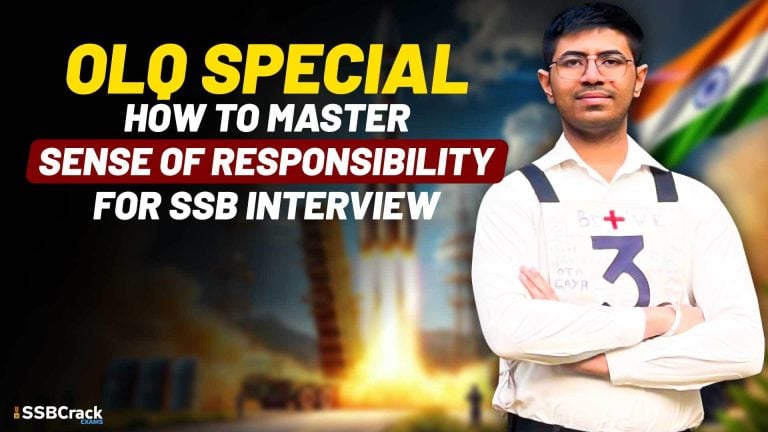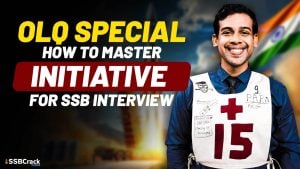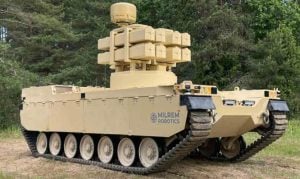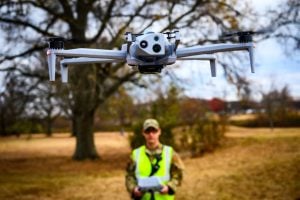The psychological tests are administered on the second day of the 5-day testing schedule that takes place at the SSB. These tests are based on very scientific procedures of assessing the qualities of a candidate, at his/her subconscious level and the non-conscious state of mind. The primary aim of these tests is to assess the potential of a candidate in terms of qualities or personality traits that are desired in a potential officer candidate. The tests are required to be written against the constraint of time. Hence, the candidate is unable to hide his true feelings and the psychologist is able to read the actual personality of the candidate while he/she gives his/her responses in terms of thoughts, feelings and actions.
The four psychological tests that all candidates are put through during their SSB are as follows:
Thematic Apperception Test (TAT)
Let’s have a look at the functioning and methodology of these psychological tests:
Thematic Apperception Test (TAT)
TAT entails writing 12 stories on pictures shown to you one after the other on a screen. You will get 30 sec to view the picture and 04 min to write a story on each picture. The 12th one is a blank screen and you are required to write any story from your own mind.
Word Association Test (WAT)
In the Word Association Test (WAT), 60 words will be flashed before you, each for 15 sec and you are required to write the first thought that comes to your mind after reading that word. Many candidates mistake this test for a sentence making test, rather than a word association test and hence, falter in the very approach to this particular test.
Situation Reaction Test (SRT)
In the Situation Reaction Test (SRT), the candidates are expected to give out spontaneous and instinctive responses to certain stressful, unfamiliar and real to life situations. A total of 60 situations are required to be addressed in 30 minutes, i.e. 30 seconds per situation. These are real to life situations, which you may encounter in your day to day life. These are given in a Booklet, in the form of statements which you have to complete by giving appropriate reactions. Due to a constraint of time, you will generally give a response, which would be close to your actual reaction, while facing a similar situation in real life.
Self-Description (SD)
The Self-Description entails asking the candidate to write down, as to what, in his/her opinion the following people think about him/her:
1. Your parents
2. Your teachers
3. Your friends
4. You yourself
The candidate is required to write down his/her own opinion about what the people mentioned in all the above categories think about him/her. Both, the positive aspects of his/her personality and the areas that he/she feels need to be improved are required to be mentioned in three to four lines for each category.
Personality assessment conducted in SSB is based on the science of Psychology. Psychology is not an absolute science, unlike the physical sciences known to us. It implies that there are not always absolute and definite “yes, or no” answers to problems, or situations. There will be a difference in the responses of different people in accordance with their nature and psychology. The battery of psychology tests conducted in SSB is based on Projective technique. Assessment of an individual is done based on the entire written tests & not piecemeal, like a separate assessment of WAT, TAT & SRT. The personality of an individual is one whole. The various inputs help to construct it.
Let’s have a look at the assessor’s briefing During Psych Tests At SSB in the form of Do’s and Don’ts.
Do’s
1. Must listen and adhere to the instructions properly.
2. Must clarify all your doubts before the commencement of each test.
3. Must be as imaginative and spontaneous as possible.
4. Must give your first reactions to the stimulus shown to you, don’t think twice as there is no right or no wrong answer to the situations and everyone is likely to respond in his own unique ways.
5. Write your responses clearly in simple language.
6. While writing responses your ideas must revolve around the situations or stimulus given to you.
7. Be realistic and logical in your responses.
8. Be attentive and alert and keep a track of time.
9. Carry blue/black pen only, which is fully functional.
10. Listen to the instructions carefully and clarify your doubts before the test starts.
11. During entry and exit in the testing, the hall follows a queue.
12. In case of any problem in the visibility of picture and words inform the psychologist on duty after the demo picture/word is shown.
13. Sleep early at night to remain fresh for the next day’s testing Get up early and freshen up well for the tasks.
14. Adhere to the time schedule of testing.
15. Write your name, batch No and chest No correctly where there required.
16. Handle the testing material properly without marking anything in the test booklet.
17. Maintain silence while listening to the instructions.
18. Confine your answers to the space provided for each test as there is no extra sheet provided along with the 16-page dossier.
Don’ts
1. Do not use coached/tutored ideas while responding to psychological test battery.
2. Do not be unduly anxious. Keep yourself calm and relaxed.
3. Do not hesitate on seeing the actual problem shown to you.
4. Do not blindly follow guidelines given by any coaching academy for practising psychological test battery as it creates a mental block which in turn may restrict your spontaneity and creative imagination. While taking coaching is not bad, you must be wise enough to discard what is not desirable to maintain your originality in thoughts.
5. Do not be late in reporting to the testing hall.
6. Do not go to candidates lines during the break.
7. Don’t make a noise or talk among yourself.
8. Don’t be shy in clarifying your doubt regarding the test instructions.
9. Don’t use an extra sheet of paper for writing the response.
10. Don’t mark anything with pen/pencil in the test booklet.
11. Do not bring your mobile phone during psychological testing.
12. Do not copy the answers of other candidates.
13. Do not keep any reference material in the testing hall.
14. Do not ask any doubt from another candidate. Ask directly to the officer, who is conducting the test.
15. Do not disturb other candidates during the testing process.
16. Do not go far away from the testing hall during the short break in between two tests.
You can prepare for SSB Interview OIR Test Officer Intelligence Rating Test and PPDT Picture Perception and Description Test and other defence entrance exams such as NDA, AFCAT, INET, and CDS by taking Written Online courses as they will not only give you access to full-length quality lectures but will also provide the facility to take standardized mock tests for better study and strategic growth in the exam. You can take multiple quizzes after each lesson to ensure the full understanding of the subject along with creating your customized lesson plans. You can check out the course content along with other important specifics at SSBCrack exams.
You can also access them through the SSBCrack Exams app available in the google play store.
Jai Hind


